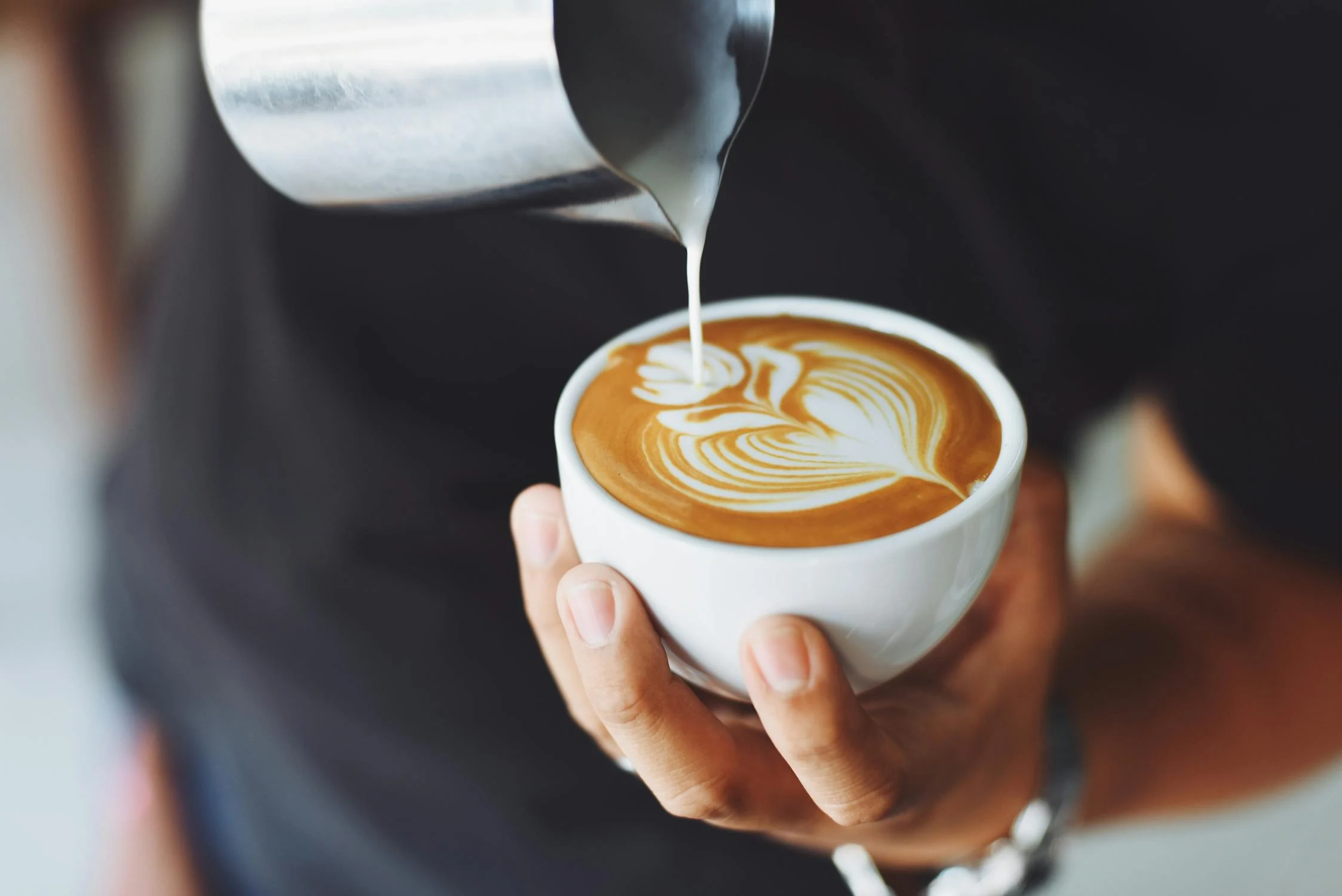#588 - Withdrawal and Placebos

People trying to overcome drug dependence often experience distressing withdrawal symptoms. Thus, psychologists investigated the role of placebo effects in caffeine withdrawal. A placebo is a pill or procedure prescribed for psychological effect but has no physiological effect. When people believe they have ingested a drug, even if placebo, they “feel” its impact.
Researchers recruited 60 heavy coffee drinkers asking them to abstain from caffeine for 24 hours. Dividing into three groups, they assessed caffeine withdrawal symptoms, then gave participants a cup of either:
1. Decaf coffee accurately labeled
2. Decaf coffee mislabeled as caffeinated (which is deceptive):
3. Water labeled as water (control):
Then again assessed their caffeine withdrawal symptoms and rated the impact.
Results?
Those who drank the accurately labeled (decaf coffee) reported a 9.5 point reduction in withdrawal symptoms, while those who drank the deceptively labeled caffeine coffee (the placebo), reported twice that reduction in withdrawal symptoms! Both groups reported much greater symptom reduction than those who drank water. Surprisingly, drinking the accurately labeled decaf coffee showed a reduction in withdrawal symptoms too, even though they did not expect any. Thus, deception may not be necessary to produce reduction in withdrawal symptoms.
Understanding these issues in addiction treatment could improve outcomes.
Written by Jarret Bain B.S.

 Give to Florida Tech
Give to Florida Tech 